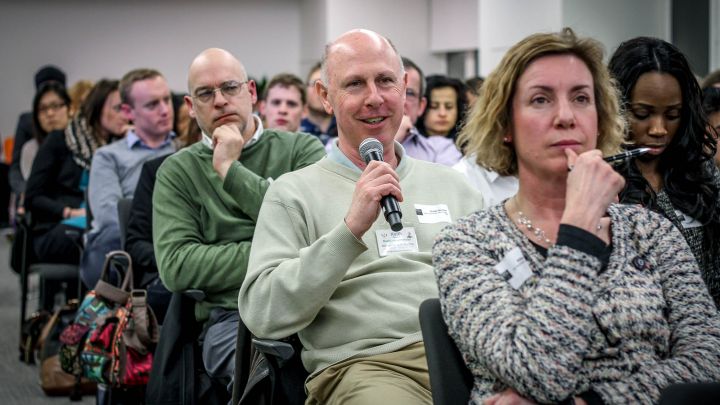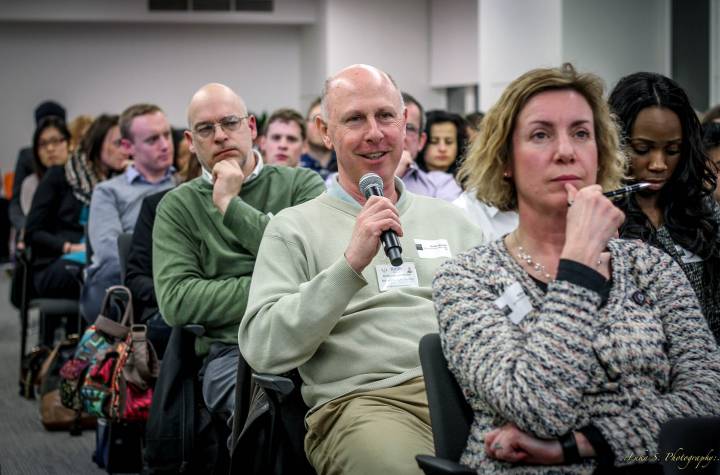Gendered return mobilities to Afghanistan from 2001 to 2021

This event has taken place
View all upcoming events at Kingston University.
Time: 2.00pm - 3.30pm
Price:
free

All are welcome to this event, which is running as part of the Criminology, Politics and Sociology Seminar Series 2022-23.
All seminars will be run entirely online through MS Teams. Click here to register via Teams and join the call on the day.
About the speaker
Dr Janroj Yilmaz Keles is Senior Research Fellow in Politics at Middlesex University Business and Law School, researching on peace and conflict, gender, political violence, migration, (digital) social movements, and political communication. Keles has extensive experience of international education. He studied in Turkey, German and United Kingdom and received his PhD in Sociology and Communications from Brunel University, London.
Keles is one of the co-investigators of GCRF HUB – Gender, Justice and Security and has published several co-authored and single-authored articles in peer-reviewed journals including Political Geography, Industrial Law Journal, Journal of Ethnic and Migration Studies, Antipode, International Journal of Entrepreneurial Behavior & Research, The Sociological Review, Work, Employment and Society, Journal of Immigrant & Refugee Studies, Diversity and Inclusion: An International Journal, Societies, Middle East Journal of Culture & Communication, Urban Studies, among others. His monograph Media, Conflict and Diaspora (I.B. Tauris, 2015), was well received by the academic community. He also served as an editor of the British Sociological Association's journal Work, Employment and Society from 2018 to 2022. https://orcid.org/0000-0003-3525-9760
Abstract
Global economic restructuring, conflict and climate change triggered unprecedented internal and cross-border mobility of men and women. While there has been an assumption in media and political discourses that migrants and refugees intend to stay in the countries to which they go, recent years have seen increasing transnational mobilities and return migration because of the rapid development of transport and communication technologies, the relative improvement of political and economic situations in migrants' homeland, as well as anti-migrant and refugee hostility and the exclusion of incoming people from the labour market in receiving countries (Keles 2019).
Moreover, displaced people from the neighbouring countries are also returning to their conflict-fragile country of origin for various reasons. In addition, the second generation of migrants become a part of return mobilities for a sense of belonging to their ethnic, cultural and parental roots. In this context, the phenomenon of ‘return' mobilities, particularly gendered return mobilities, is not only a component of the sociology of migration, gender studies and international law but is also an emerging issue of economic and political importance in many conflicted and post-conflict countries and regions for those who would seek to understand and develop policy and programme responses.
Drawing on research conducted in Afghanistan in 2021 before the collapse of the elected Afghan government and seizure of power by the Taliban, this presentation will focus on the gendered return mobilities to Afghanistan from 2001 and 2021, including their motivations for return, employment, education, economic and political activities as well as experiences of gendered return migration."
For further information about this event:
Contact: Dr Dogus Simsek, Senior Lecturer in Criminology and Sociology
Email: d.simsek@kingston.ac.uk

Filter events
For further information
Dr Dogus Simsek, Senior Lecturer in Criminology and Sociology
Email us